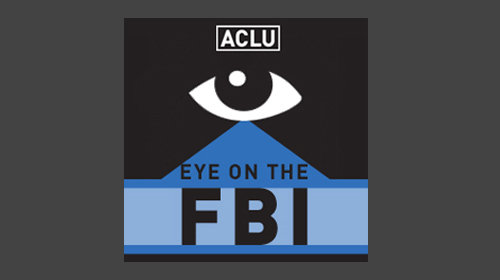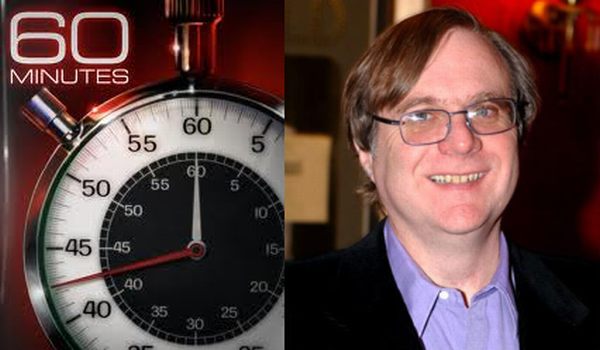
By John Vinci
As originally published at ObamacareWatcher.org.
Yesterday, Jeffrey Toobin, a liberal legal analyst for CNN,
was rebuked by Senator Harry Reid for
predicting that, based on yesterday’s oral arguments, the Supreme Court would rule against Obamacare’s Individual Mandate. But despite early predictions of the Individual Mandate’s demise, a closer look at the
oral arguments shows that such analysis is premature.
It is generally agreed that in order to win this case, the respondents
(opponents of the law)[1] will have to win over the four conservatives
on the bench, Justices Roberts, Scalia, Thomas, and Alito, as well as,
the court’s perennial swing vote, Justice Kennedy.
Each of them would have to agree with the law’s opponents on both of two issues:
1. The Individual Mandate is not constitutional because it violates Congress’s Commerce Clause powers.
2. The Individual Mandate is not a tax and thus is not constitutionally justified under Congress’s power to tax.
Yesterday’s oral arguments were almost entirely centered on the Commerce Clause.[2]
The Obama Administration argued that, similar to a 1942 case called
Wickard v. Filburn,[3] the individual mandate is a
necessary part of a larger economic system.
Wickard is the foundation of the modern understanding of the
Commerce Clause that says that Congress is permitted to regulate those
things that have a substantial effect on interstate commerce. In
Wickard the
Supreme Court ruled that a Congress could go as far as to prohibit a
farmer from growing wheat for his own personal use even though that
wheat would never enter the
intrastate market let alone the
interstate market. The court reasoned that the aggregate effects of all
who grow their own wheat could substantially affect
interstate commerce. And thus, the Supreme Court expanded the powers of Congress under the Constitution.
To the surprise of the liberal news media,
Kennedy and the conservatives on the Court expressed skepticism in
their multiple pointed questions to Donald Verrilli, Jr., the Obama
Administration’s Solicitor General. Chief among their questions was,
since we have a government of enumerated powers, what limits Congress’s
commerce power?
The respondents’ key argument is that Congress has never used its
commerce power to regulate inactivity (not purchasing health insurance),
and that if Congress can regulate both economic activity and
inactivity, there’s no end what it can do.
Scalia and Kennedy, both thought to be potential swing votes in this
case, wanted to know what limiting principle the Obama Administration
would apply.[4] Said Scalia,
…[T]he Federal Government is not supposed to be a government that has
all powers; … it's supposed to be a government of limited powers. [5]
The Obama Administration further argues that regardless of Congress’s authority under its commerce powers, it
independently has
the power to institute an individual mandate under its taxing powers.
This is a troubling problem for opponents of the law should the Court
hold that the Mandate is a tax.
Get permalink
here.






